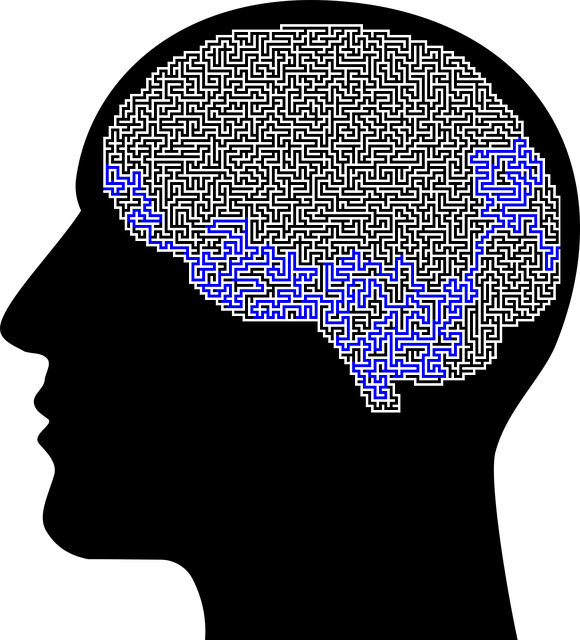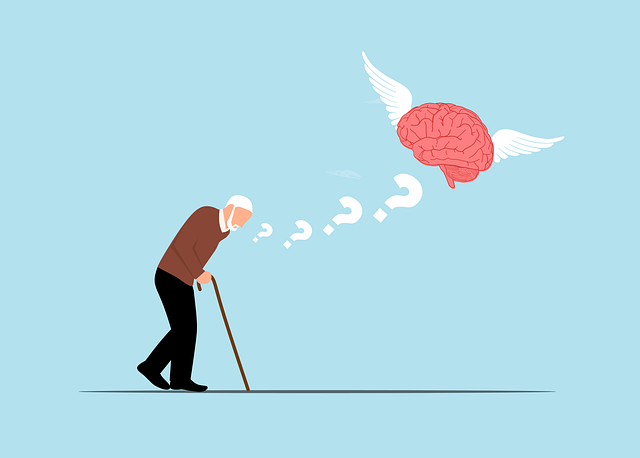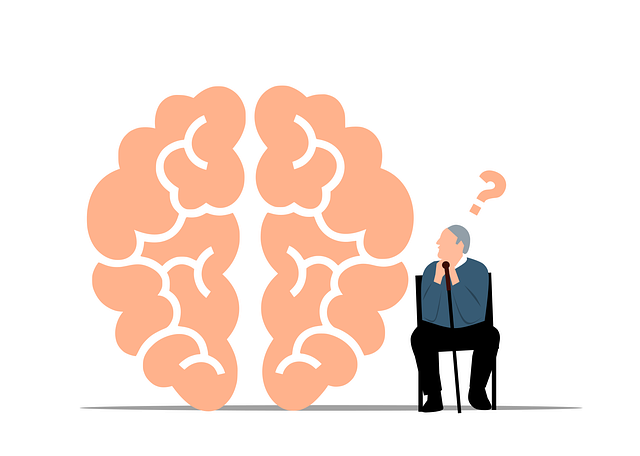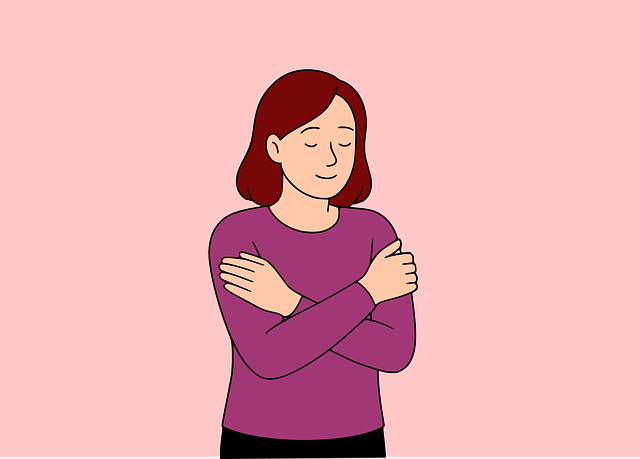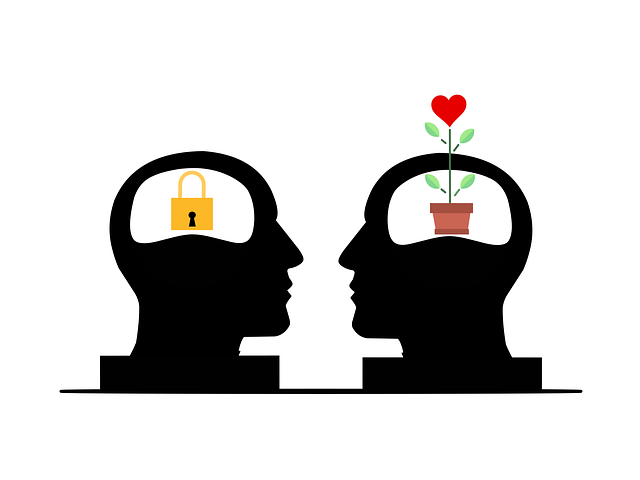Lafayette Self-Esteem Therapy leads in promoting cultural competency within healthcare, addressing diverse patient needs globally. By integrating cultural awareness into care, they empower individuals through self-care routines and mental health advocacy. Their tailored practices bridge cultural gaps, enhance patient satisfaction, and support inclusive policies. Effective training involves self-care, public awareness campaigns, workshops focusing on biases, communication, and ethics, ensuring healthcare providers can navigate complex interactions empathetically. Lafayette Self-Esteem Therapy measures success through diverse data methods, driving continuous improvement for impactful mental health services.
Healthcare provider cultural competency training is an essential component of modern medical practice, fostering better patient outcomes and stronger relationships. In today’s diverse society, understanding cultural nuances is crucial for effective healthcare delivery. This article explores the significance of cultural competency, highlighting the role of Lafayette Self-Esteem Therapy in bridging cultural gaps. We delve into key training components, practical implementation strategies, and measurement techniques to ensure continuous improvement in healthcare services.
- Understanding Cultural Competency in Healthcare: Why It Matters
- The Role of Lafayette Self-Esteem Therapy in Building Bridges
- Key Components of Effective Training Programs
- Implementing Training: Strategies for Real-World Application
- Measuring Success and Continuous Improvement
Understanding Cultural Competency in Healthcare: Why It Matters

Cultural competency in healthcare refers to the ability of providers to understand, appreciate, and effectively interact with patients from diverse cultural backgrounds. It goes beyond basic cross-cultural training; it’s about embracing and integrating cultural awareness into every aspect of patient care. This is particularly important given the increasing diversity of patient populations globally, reflecting the rich tapestry of cultures within communities, including Lafayette Self-Esteem Therapy’s focus on empowering individuals.
Ignoring cultural competency can lead to misunderstandings, miscommunications, and even discriminatory practices that negatively impact patient outcomes. For instance, differences in language, values, beliefs, and communication styles can affect the quality of care. By promoting cultural competency, healthcare providers enhance their ability to deliver person-centered care that respects individual identities, thereby fostering better health outcomes and strengthening relationships between patients and caregivers, including the development of a robust self-care routine for better mental health. This approach also supports advocacy efforts in mental health policy analysis and coping skills development, ensuring equitable access to quality healthcare services.
The Role of Lafayette Self-Esteem Therapy in Building Bridges

Lafayette Self-Esteem Therapy plays a pivotal role in bridging cultural gaps within healthcare. Through its unique approach, it empowers individuals to develop self-awareness exercises that foster understanding and empathy. By engaging in therapeutic practices tailored to diverse backgrounds, patients can navigate complex cultural nuances with enhanced sensitivity. This process is crucial in the context of mental wellness podcast series production, where sharing personal stories and experiences becomes a powerful tool for connection and healing.
Moreover, Lafayette Self-Esteem Therapy contributes to broader discussions around Mental Health Policy Analysis and Advocacy. By prioritizing cultural competency, it highlights the importance of inclusive healthcare practices that address systemic barriers. This advocacy ensures that mental health services are accessible and tailored to meet the unique needs of diverse communities, ultimately improving overall community wellness.
Key Components of Effective Training Programs

Effective cultural competency training programs for healthcare providers should incorporate several key components to ensure maximum impact and positive outcomes. One crucial element is self-care routine development for better mental health. Training sessions must not only focus on understanding diverse cultures but also equip participants with strategies to manage stress, enhance resilience, and prevent burnout, especially in the demanding field of healthcare. This fosters a culture where providers can better support their patients while maintaining their well-being.
Additionally, these programs should emphasize public awareness campaigns development. Educating healthcare professionals about effective communication techniques, bias recognition, and cultural sensitivity enables them to navigate complex patient interactions with empathy and proficiency. By integrating these skills into daily practice, healthcare providers like those at Lafayette Self-Esteem Therapy can bridge cultural gaps, improve patient satisfaction, and contribute to the overall success of public health initiatives.
Implementing Training: Strategies for Real-World Application

Implementing training on cultural competency is a crucial step towards improving healthcare services, especially in diverse communities like Lafayette Self-Esteem Therapy’s focus area. To ensure the real-world application of these programs, several strategies can be employed. One effective approach involves organizing interactive workshops and seminars that encourage open discussions and role-playing scenarios. These sessions should cover various topics, including unconscious biases, cultural communication styles, and ethical considerations in a multicultural healthcare setting. By engaging participants actively, the training becomes more impactful and memorable.
Additionally, providing ongoing mentorship and peer support can significantly enhance learning. Assigning experienced healthcare professionals to guide newcomers, especially those from underrepresented backgrounds, fosters an environment of continuous learning and adaptation. This approach allows practitioners to share insights, learn from diverse perspectives, and apply Mind Over Matter principles to navigate complex emotional well-being promotion techniques. Mentorship also helps in addressing Mental Health Awareness concerns more effectively within the healthcare provider community.
Measuring Success and Continuous Improvement

Measuring success and fostering continuous improvement are vital components of healthcare provider cultural competency training. Evaluating the effectiveness of training programs can be achieved through various methods, such as pre- and post-training assessments to gauge knowledge gain and attitude shifts. Additionally, collecting feedback from participants provides valuable insights into the program’s strengths and areas for enhancement. At Lafayette Self-Esteem Therapy, we believe in using a multi-faceted approach to measure success, including participant satisfaction surveys, focus groups, and observational data during role-play scenarios.
This data-driven approach enables us to refine our training modules, ensuring they remain relevant and impactful over time. Moreover, continuous improvement encourages a culture of learning within healthcare organizations, promoting better patient outcomes. By integrating coping skills development, mental health policy analysis and advocacy, and public awareness campaigns development into the training curriculum, we empower providers to address cultural biases, improve communication, and deliver more inclusive care.
Healthcare provider cultural competency training, such as that offered by Lafayette Self-Esteem Therapy, is no longer a choice but an essential tool for delivering quality care. By understanding and addressing cultural nuances, healthcare professionals can build bridges to better serve diverse patient populations. Effective training programs, grounded in key components and implemented through thoughtful strategies, ensure real-world application. Continuous improvement, measured by defined metrics, allows us to adapt and grow, ultimately fostering a more inclusive and compassionate healthcare environment.
